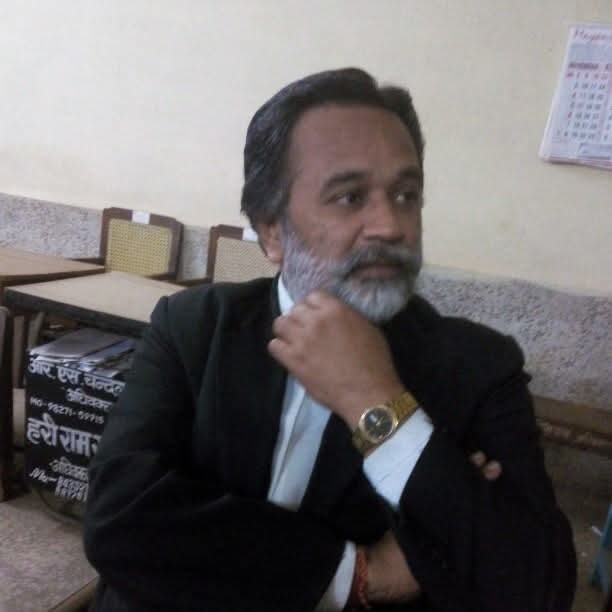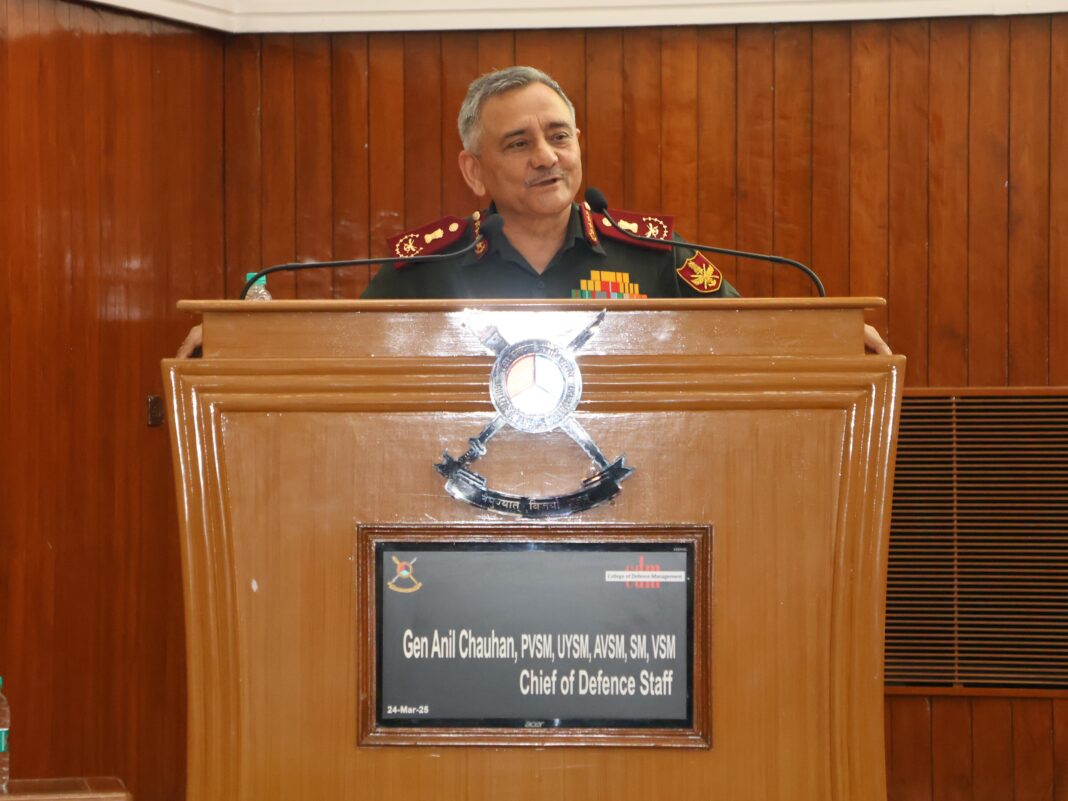Published on: March 25, 2025
By: [BTI]
Location: Rajnandgaon, India

In a landmark judgment, the Additional Sessions Court of Rajnandgaon has acquitted all accused in the highly publicized Shubham murder case. The accused, Nitin Limbu alias Munku Nepali, Dinesh Kumar Maheshwari alias Golu Marwari, and Megha Tiwari, have been cleared of all charges under IPC Sections 302/34, 201, 120, and Arms Act Sections 25-27.
Court Verdict and Investigation Details
The case, which involved narco analysis and brain mapping tests, was the first of its kind in Rajnandgaon. The police claimed that scientific forensic tests played a crucial role in gathering evidence.
Key Investigation Points:
- Authorities presented 71 witnesses and relied on multiple forensic methods.
- Evidence included Instagram and WhatsApp messages, mobile call details, CCTV footage, and phone call recordings.
- Despite extensive investigation, the court found no conclusive evidence against the accused.
Case Background: How the Incident Unfolded
According to the police charge sheet, the accused were suspected of plotting and executing the murder of Shubham Namdev on September 10, 2018.
Sequence of Events:
- The accused allegedly invited Shubham to Raj Imperial Hotel, Pendri, under the pretense of settling a financial dispute.
- It was alleged that they forced him to consume alcohol before murdering him inside a car by slitting his throat.
- Following the crime, police detained the suspects and conducted narco and brain mapping tests in Gandhinagar, Gujarat.
- The accused remained in judicial custody since April 1, 2021, with the Supreme Court rejecting their bail pleas due to the gravity of the charges.
Defense Argument and Acquittal
- Senior advocate Prashant Prabhat Tiwari represented the accused.
- After hearing both sides, the Additional Sessions Court ruled that the prosecution failed to prove the allegations beyond reasonable doubt.
- As a result, all three accused were declared innocent and acquitted.
Legal Implications and Public Reaction
This verdict has sparked discussions on the effectiveness of narco and brain mapping tests in criminal cases. While the police relied heavily on forensic technology, the court emphasized the lack of concrete and irrefutable evidence.
FAQs
1. What was the main reason for the acquittal?
The court found no substantial evidence to prove the accused guilty beyond reasonable doubt.
2. What role did forensic tests play in the investigation?
The police conducted narco and brain mapping tests, but the court ruled them insufficient as primary evidence.
3. How long were the accused in custody?
They were detained since April 1, 2021, and remained in custody for almost four years before being acquitted.
4. What was the Supreme Court's stance on this case?
The Supreme Court had earlier denied bail to the accused due to the severity of the charges.
5. Who represented the accused in court?
Senior advocate Prashant Prabhat Tiwari defended the accused in this case.



